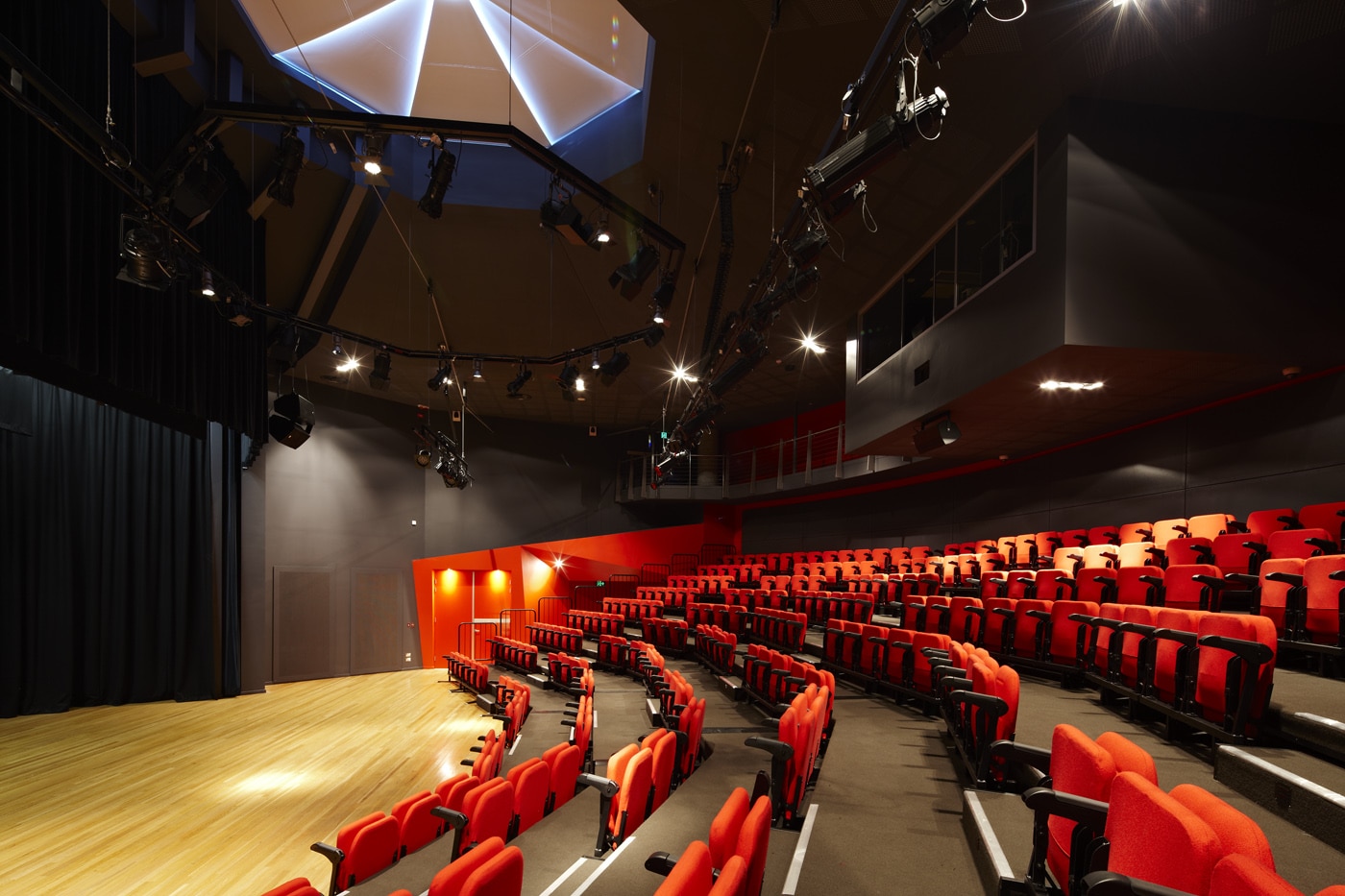Greetings from the Australian National University for the
launch of "
Defence Industry in National Defence: Rethinking the Future of Australian Defence Industry Policy". In his opening, ANU VC Brian Schmidt, pointed out that the university has a fully equipped "
ANU National Space Testing Facility" (worth a visit: it looks like a Bond villain's lair).
The report was prepared by the Australian Industry Group (AIG) and the Strategic and Defence Studies Centre (SDSC) in the Coral Bell School of Asia Pacific Affairs at ANU. The report is very readable, and has just five recommendations:
1."The Australian defence industry should be considered a capability in its own right: A capability that supports the ADF force-in-being, but whose strategic value lies in those situations where that force is fully committed, needs to be rapidly reconstituted, and may need to expand. Domestic industrial capability should be developed to meet the demands of our defence planning scenarios, with foundation capabilities in place and capacity to scale with operational needs during conflict.
2. Defence industry should be embedded within and managed as part of Australia’s broader national industry structure and policy. Defence industry draws on resources such as capital, technology, infrastructure and skills from the civilian economy, and can achieve better scale and efficiencies when connected to their civilian peers. Industrial policy support for defence industry is integrated with, and not simply alongside that, support offered to its civilian counterparts.
3. Defence industries should be strategically prioritised, then supported to achieve scale and surge capabilities. Prioritisation will be required to identify where Australia has relevant capabilities, or might be able to efficiently develop them, that can contribute to our own and allies supply chains. These capabilities should also be aligned to existing areas of strength in Australia’s civilian industries and leverage new industrial policy programs. Scale in these prioritised areas should then be achieved by coordination across programs, the development of export markets, and/or the building of international technology partnerships.
4. Government should utilise the full range of policy levers at its disposal to shape defence industry outcomes. This including both formal and informal mechanisms for coordination between government and business, to ensure greater understanding, cooperative relationships, and two-way flow of information. Given the size of Australia’s defence effort, the selective use of single supplier (strategic partnering) arrangements will be crucial in some areas to achieve and sustain required industry outcomes.
5. Government should establish a Defence Industry Capability Manager. The Capability Manager would be responsible for defining the capability and capacity that government needs to develop, as well as for development of industry to meet the level of preparedness determined by the Government. Whilst close liaison within the Department of Defence and specific Capability Managers would be required, the Industry Capability Manager would have a wider ‘whole of government’ role to bring Defence, wider government and industry together for the achievement of strategic industrial outcomes."
The executive summary of the report starts on a sobering note: "As our geostrategic environment deteriorates ...". It goes on to argue the role for Australian industry, particularly hitech industry. However, one area in which the report is deficient is the role of training. This gets no mention in recommendations, although it is noted how this is central to other countries with successful defense industries. I suggest that vocational education, & universities are central to development of the Australian defence industry.
This report draws lessons from Sweden, France, the UK, Israel and Canada. However, I suggest another country to look to: Australia. we already have some high tech defence companies. Unfortunately these are often overlooked by the Australian Government and ADF, looking for proven solutions, and summing they must come from overseas.
Part of the solution, I suggest, is training for technical experts in defence related technology, and entrepreneurship. A problem has been that Australia produced excellent researchers, but told them their job ended when they write a paper with their results. We told them it was someone else's job to commercialize discoveries, then complain it didn't happen. Instead we have to train the technical experts in how to work with business and most leave academia to set up or work in, business.
Another part of the solution I suggest, is to train senior leaders in government and the military on use of tech for defence, and how to talk to business. As an example of this approach, I mentored students in the Australian Crisis Simulation Summit 2023, the Navy Warfare Innovation Workshop 2020, and Secure Supply Chains ADF/NZDF Hackerthon 2020. These brought together people from industry, government, & ADF working in a simulated high pressure environment. As well as creating new ideas, and providing valuable training, these events introduced people across sectors with comment interests so they could work better together for national defence.
While facing different strategic circumstances, their experiences illustrate how the possession of an independent but internationally linked defence industry is itself an asset during a period where the risk of major conflict is rising.
Their experiences offer pertinent lessons for Australia. This report identifies several factors that shape effective policy, argues that a fundamental rethink of Australian defence policy is required, and offers five recommendations.
WHO SHOULD ATTEND: Scholars, graduate students, policymakers and practitioners working in the fields of Defence and Strategic Studies.
This event is cohosted by the
Image: HMAS Arunta and Naval Ship Management personnel on board the ship during its docking scheduled refit at Garden Island Defence Precinct, Sydney. Credit: Defence Imagery, LSIS Susan Mossop.



























